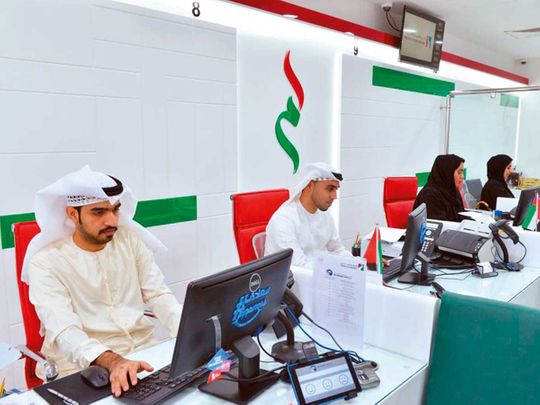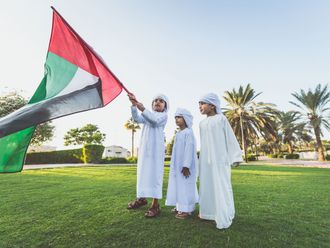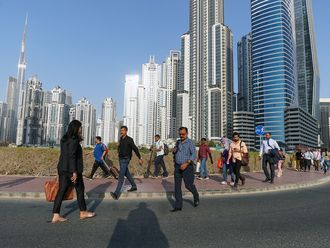
Dubai: To be able to sponsor your family members in the UAE, you need to first make sure that you are on a residence visa in the country. This can be a work visa sponsored by your employer, or a self-sponsored visa like a Green Visa, Investor Visa, or Golden Visa.
Once you have your visa in place, you can then sponsor your family members. However, there are certain requirements you need to fulfil to be eligible for sponsoring your family members. Here are nine requirements to keep in mind:
1. Expatriate residents can sponsor their families to reside in the UAE if they have a valid residence permit/visa.
2. The sponsor must have a minimum salary of Dh4,000 or Dh3,000 plus accommodation. The type of profession is no longer a condition for an expatriate worker to be able to sponsor his family visas.
3. Male and female family members above the age of 18 need to undergo and pass medical fitness tests at approved health centres in the UAE. Medically unfit people will not be granted a residence visa. Residents who are detected with dormant or inactive pulmonary tuberculosis are also considered medically fit and are granted a one-year ‘Health Fitness Certificate for Residence’ subject to treatment and follow-up by the respective health authority.
4. A resident sponsor has 60 days to apply for his or her dependents’ residence visa after they enter the UAE under an entry permit. For babies born in the UAE, a residence visa must be applied for within 120 days of his or her birth.
5. To sponsor your parents, you need to sponsor both together. If the parents are divorced or a parent has passed away, related official documents would be needed as justification to sponsor only one of the parents.
6. When sponsoring parents, the residence visa will be granted on a yearly basis regardless of the duration of the sponsor’s visa. You also need to meet the salary requirement, as stipulated by the immigration department of the emirate that has issued your visa.
7. An expatriate resident can sponsor their daughter only if she is unmarried, with no restriction regarding her age.
8. A male or female resident can sponsor his or her son until he is 25 years old. If the son is a Person of Determination, he can be sponsored with no restrictions with regard towards his age.
9. An expatriate resident can sponsor his stepchildren, subject to the conditions stipulated by the emirate’s immigration department. For example, as per the General Directorate of Residency and Foreigners Affairs – Dubai’s (GDRFA-D) conditions, the sponsor needs to pay a deposit for each child and a written no-objection certificate (NOC) from the biological parent. Their residence visas are valid for one year, renewable annually.
Documents required to sponsor wife and children include:
• Application form - either online or through a registered typing office.
• Passport copies of the wife and children.
• Photos of the wife and children.
• Medical clearance certificate of the wife and children above 18 years.
• Copy of the sponsor’s employment contract or company contract.
• Salary certificate from the employer stating the sponsor’s monthly salary.
• Attested marriage certificate in Arabic or duly translated into Arabic by a certified translator.
• Registered tenancy contract.
Cancellation
The family's residence permits are linked to the residence permit of the sponsoring family member. If the sponsoring family member’s visa is cancelled, it requires cancellation of the visas of the dependents.
Dependents are granted a six-month grace period from the date of expiry or cancellation of their visas to obtain a new residence permit. If the sponsor fails to renew or cancel the visa of his or her dependents, he or she could be liable to pay a fine.








